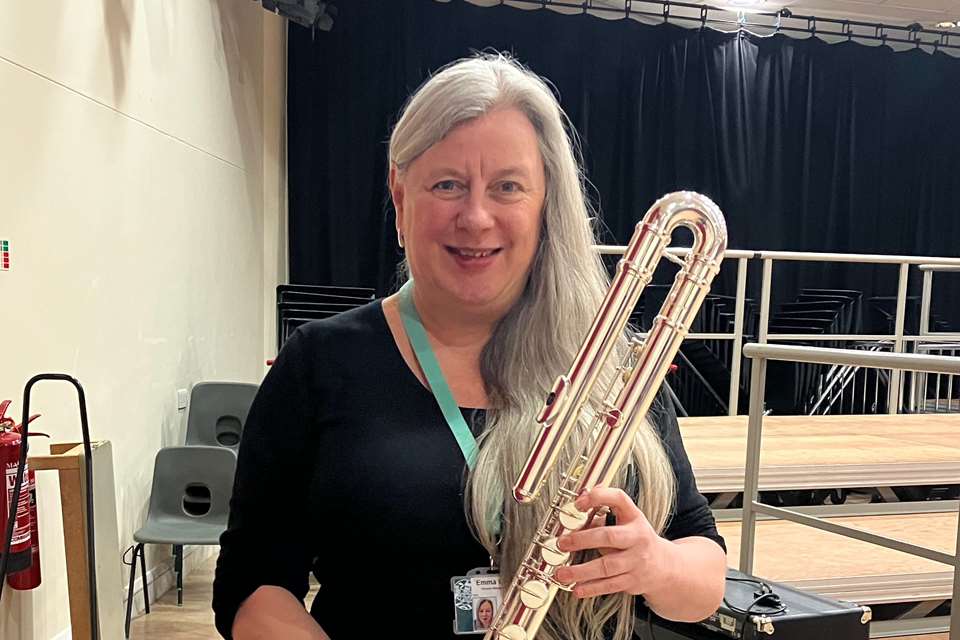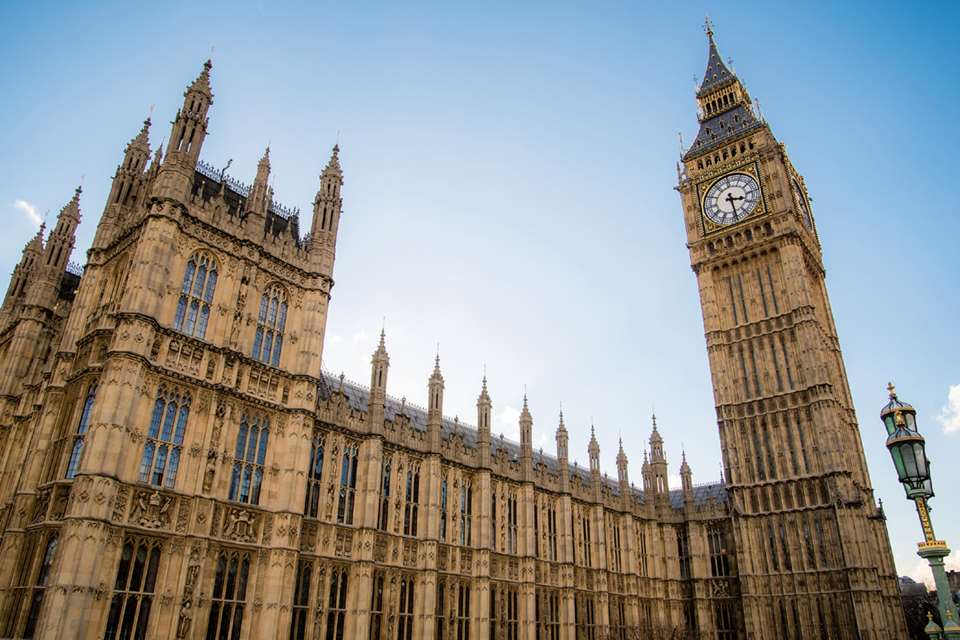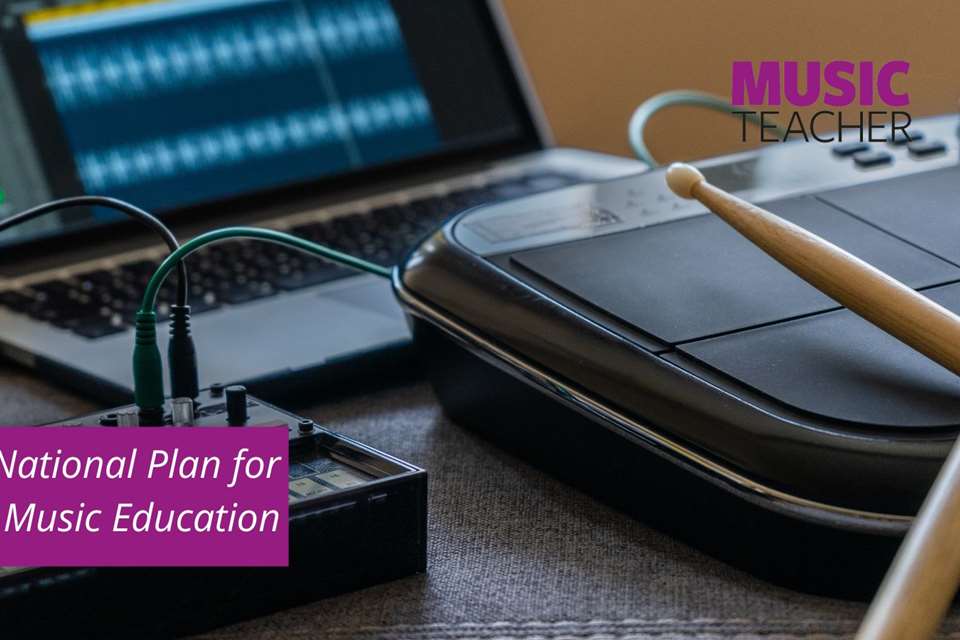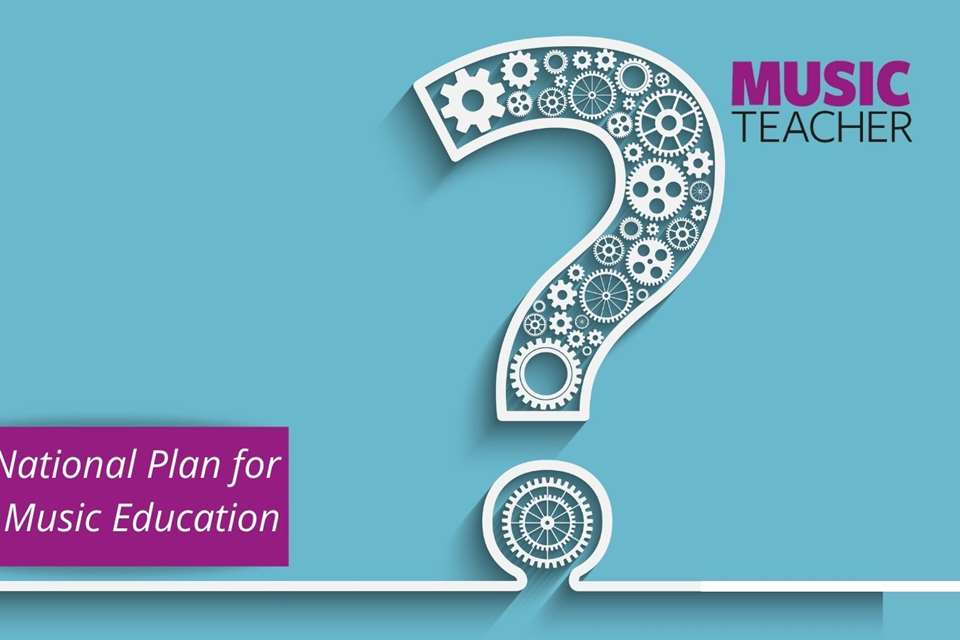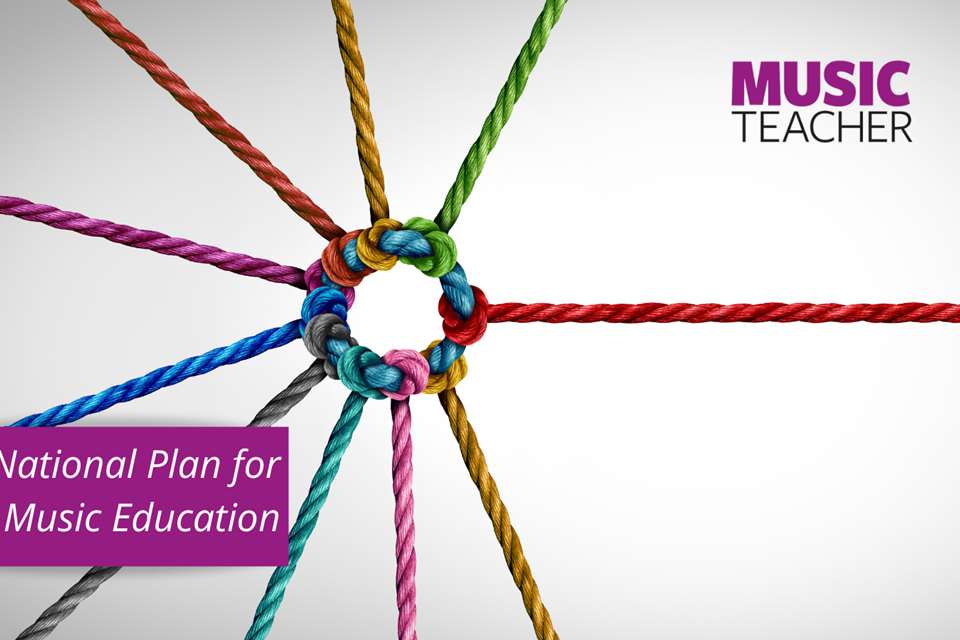The view from ACE
Hannah Fouracre
Monday, January 1, 2024
Hannah Fouracre, director of music education at Arts Council England, outlines the public body's current strategy and investment decisions.

Alick Cotterill / Music for Youth
Since I joined Arts Council England 15 years ago, music education in England has seen significant changes. Some of that change is hugely positive, such as the new National Plan for Music Education's focus on inclusive music-making. But we have also faced undeniable challenges, not least from the pandemic that transformed how we all live to continually stretched budgets.
What has not changed – and I believe never will – is the passion children and young people have for music and the immense value that music brings to them, and to all of the country. Beyond the £6.6bn music tourism contributes to our economy, every day teachers see the joy and skills brought by singing and learning an instrument, from increased confidence to greater collaboration skills and improved mental health. The National Youth Orchestra of Great Britain – one of our National Youth Music Organisations – is a great example of how organisations can nurture those benefits, with their free NYO Inspire programme all about unlocking potential and developing leadership skills in young people who face barriers to accessing music education. These qualities will help young people thrive throughout their entire life.
Something else that hasn't changed is the Arts Council's commitment to ensuring every young person in England can enjoy the benefits of music, no matter where they live, go to school, or spend their free time. That's the heart of our 2020–30 strategy, Let's Create, and why we're investing £122m in music and education programmes this year alone through our National Portfolio of regularly funded organisations. From Sound City's work supporting emerging Black, Asian, ethnically diverse and underrepresented artists across the north, to AudioActive's music mentoring, social welfare and mental health support for those up to age 25 in the southeast, we're investing in organisations that are committed to our Let's Create vision of a country where all of our creativity can flourish, and where every one of us can access a remarkable range of high-quality cultural experiences.
To deliver that vision, we're building a strong and dynamic music sector with a talent pipeline that empowers young people to progress their musical interests as far as they wish to go, including into professional careers. For that to happen, we know children and young people need access to three fundamental factors: opportunities to play, sing and create; instruments to play on; and brilliant teachers who help make the magic happen.
Children and young people must have the opportunity to play and create music by themselves and with others inside and out of school. Nine out of ten schools in England are already working with music hubs, funded via £76m from the Department for Education, and we're working to ensure every child in England is supported by the work of a music hub. But we are not just driving quantity; we're also committed to truly excellent music education. Schools and hubs have been delivering the government's new National Plan for Music Education (NPME) since September 2023, and we've introduced a new Performance Framework for hubs. This new approach will help us build on the wide range of amazing work I've seen from hubs and help us all have a better understanding of the performance of the hub network – enabling us to share and grow good practice, and ultimately ensure that all children and young people benefit from high-quality music education.
Outside of schools, we're driving greater collaboration in the sector and opportunities for young people through our expanded cohort of National Youth Music Organisations. From the National Youth Choirs of Great Britain to inclusion specialists Open Up Music, this diverse cohort of world-leading ensembles helps young people develop the skills and experience they need to excel as creatives and provides them with industry opportunities to turn their passion into a career.
The second core component is instruments that can be accessed by all young people at every stage of their musical development, including accessible instruments for young people with special educational needs or disabilities.
Again, music hubs are key in facilitating access to those instruments. Through the Department for Education's £25m capital investment in musical instruments from September 2024, hubs will use insights from schools, teachers and other local organisations to provide young people with even more instruments. For those students who wish to buy an instrument, we've expanded our support of Creative United's Take It Away interest-free loan programme, which has already helped nearly 100,000 people buy £72m worth of musical instruments and equipment.
The glue that most often connects children and young people with those opportunities and instruments is the music education workforce. Whether working inside or out of schools, every day the dedication of brilliant music teachers is transforming lives and inspiring futures.
Teachers were centre stage at this year's Arts Council and Department for Education-supported Music for Youth proms, whether they were at the event or not; the theme of the two-day extravaganza was ‘A Thank You Note’, celebrating teachers' extraordinary influence on children and young people, and the adults they become. Watching those thousands of exceptional young people play such a broad range of music reminded me of those adults that played a key role in my musical journey as a young person. Particularly my violin teacher from aged 8 to 18, Louise Turner, who supported my diverse musical interests and became a dear friend.
But music teachers need more than thanks to continue to do their life-changing work. At the Arts Council, we know music teachers need access to high-quality support, resources and CPD to thrive in their roles and progress in their careers. That's why we're funding Music Mark – the UK association for music education – to be an Investment Principles Support Organisation (IPSO) in our 2023–26 National Portfolio. As an IPSO, Music Mark will champion diverse and accessible music education and provide even greater training and resources for, and connection between, every part of the music education workforce.
Employing over 9,000 teaching staff across England, music hubs also play a crucial role in supporting and developing teachers, whether they're working in or outside of schools, or are working freelance. As part of their delivery of the new NPME from September 2023, hubs are already drawing on the expertise of their local communities, including teachers, asking what is needed to achieve the NPME's ambition of ‘a skilled and dynamic workforce’ and incorporating your feedback into their Local Plan for Music Education.
Hubs' support of music educators will be further strengthened following the announcement of new Hub Lead Organisations through the Music Hub Investment Programme. New music hubs working across wider geographic areas mean teachers will be able to collaborate with, and learn from, a broader network of music education professionals, and have access to a wider range of career development opportunities.
We strive for excellence in everything we do. That's why Artsmark, our accreditation award for creativity and culture in schools, has partnered with Goldsmiths, University of London, to empower educators with world-class pedagogy and CPD. The impact of Artsmark is clear to see: nearly two million young people across 4,000 schools are benefiting from exceptional creativity and culture at the heart of their curriculum. Seven Artsmark schools are nominated for 2024's Music & Drama Education Awards, and I expect many more in the future as hundreds of teachers are upskilled through Goldsmiths' industry-leading training.
With outstanding opportunities, instruments and teachers, young musicians have the foundation to take their music as far as they wish to go. But aspiring artists also need support to take their first steps in the sector, which is why we're undertaking focused work to support the grassroots music sector, including investing £9.6m per year in Youth Music to collaborate with grassroots organisations; have invested £9.9m in more than 470 projects through our Supporting Grassroots Live Music fund since 2019; and have recently relaunched the programme as the Supporting Grassroots Music fund as part of a new £5m investment from DCMS over the next two years. Our investment of £400,000 per year in Awards for Young Musicians also provides mentorship, peer networks and financial support to enable young musicians around England to progress.
The Arts Council is here to support every part of music education, the workforce that makes it happen, and the sector that aspiring musicians will step into. With the new NPME already in action and the government's Cultural Education Plan on the way, we must take advantage of this renewed focus on music education and collectively embrace and work towards positive change. Together, we'll ensure every child and young person, in every corner of the country, can fulfil their creative potential and express their joy through music.



